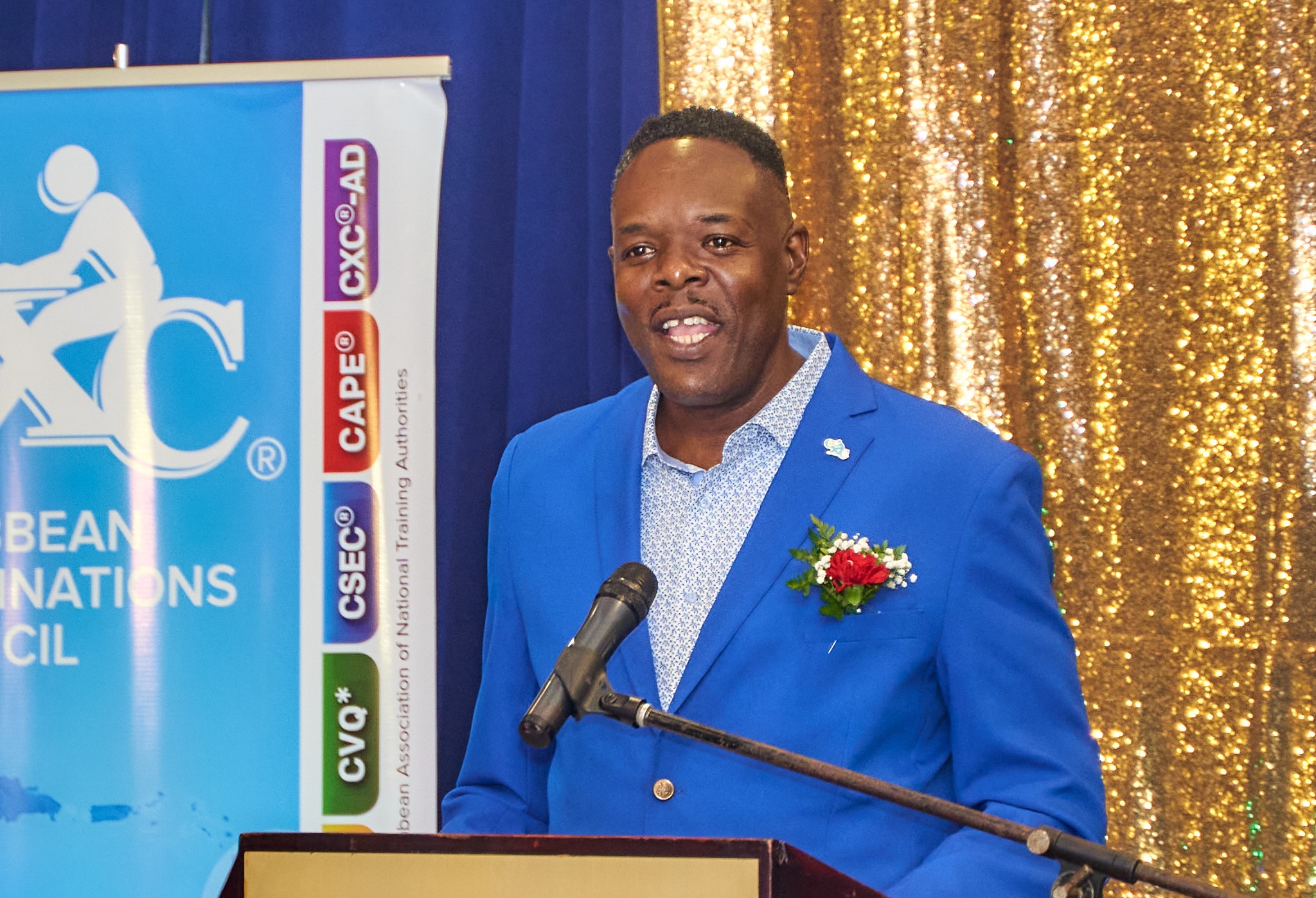World Health Organization Seeks $1.5 Billion Funding Amid Financial Uncertainty from Major US Donor

January 16, 2025
The World Health Organization seeks $1.5 billion to aid 300 million people in 42 emergency zones amid concerns over long-term funding, particularly with the U.S., its major donor, potentially reducing contributions.
LONDON/GENEVA – The World Health Organization launched its annual appeal for funding to respond to health emergencies on Thursday, days before the inauguration of Donald Trump as president of the United States – the agency’s biggest donor – puts a question mark over its long-term finances.
The WHO is seeking $1.5 billion to help more than 300 million people living in 42 emergency zones, from Gaza to Afghanistan.
“Without adequate and sustainable funding we face the impossible task of deciding who will receive care and who will not,” said WHO Director-General Tedros Adhanom Ghebreyesus, deploring a growing gap between needs and available funding.
The United States has historically been a major contributor to both the WHO’s emergency appeal and its wider budget, fixed at $6.8 billion for 2024-2025. For the current two-year period, the United States provided about 34% of the funding available for health emergencies, and in the past its contribution has been as high as 50%, WHO data showed. It also contributes about a fifth of the WHO’s overall funding.
But that financing could be at risk when Trump takes office for his second term next week. In his first stint in the White House, he moved to cut funding to the WHO and announced the U.S. withdrawal from the agency after criticising it for its handling of the COVID-19 pandemic and closeness to China.
Sources close to the transition team have indicated that he could take similar steps again in his second term.
Asked by Reuters at the end of last month if the U.S. would leave the WHO, a source familiar with the talks in the transition team said: “The same WHO that we left in the first administration? It seems like we wouldn’t much care what they have to say.”
Documents released online by the WHO this week ahead of its executive board meeting at the start of February warned of the risks of losing any of its major donors.
The agency is funded in part by mandatory fees from member states, alongside voluntary contributions and an investment round. Just five donors, again led by the United States, represent a huge chunk of its voluntary funding, the WHO document said – up to two-thirds of the budget for some programmes.
“Withdrawal of any of these major donors would leave an immediate, substantial funding gap that cannot be bridged easily,” the document reads.
A spokesperson for the WHO said the new U.S. administration had not yet taken office and needed time to do so, in response to questions about the future of the partnership.
“WHO values greatly its relationship with the US and is committed to maintaining and strengthening it,” she added. “WHO will do everything to cooperate with the incoming US administration.”
Public health experts in the U.S. and globally said the WHO was hoping for the best but should be preparing for the worst.
“For those of us… who are fighting for WHO in conversations with key people, they are not making my life easier or giving us any ammunition. We want them to say we understand the problem, we could do better,” said Ashish Jha, dean of the Brown University School of Public Health and former COVID-19 White House coordinator. (Reuters)


